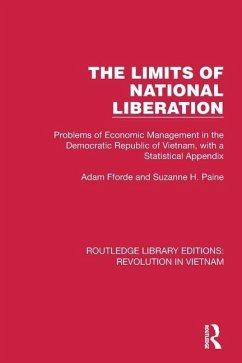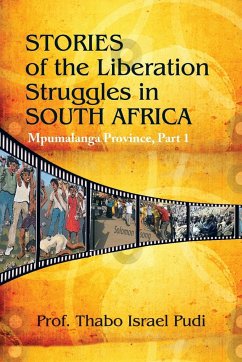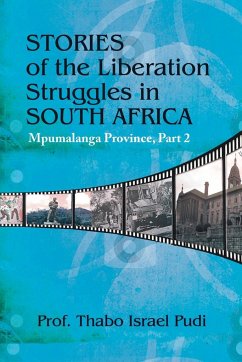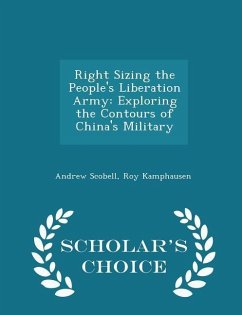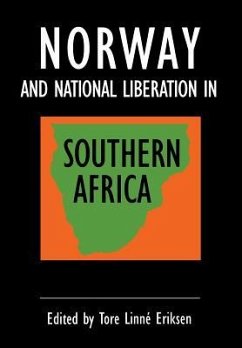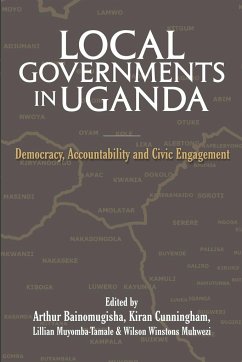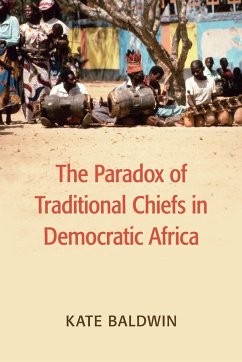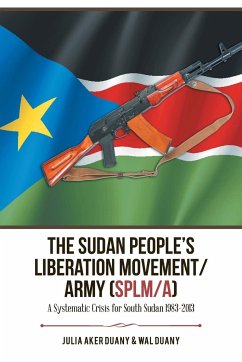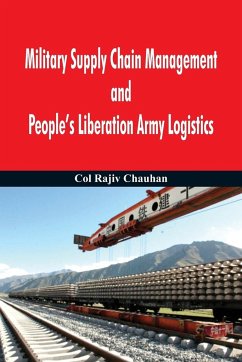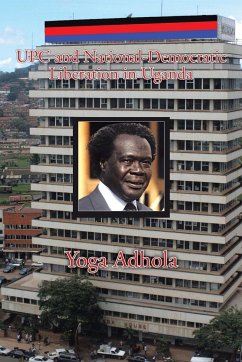
UPC and National-Democratic Liberation in Uganda

PAYBACK Punkte
9 °P sammeln!
This is the first book length study of the Uganda Peoples¿ Congress ever. The book does for UPC and Uganda as a whole what no other book has done for both so far. It employs three sets of theories: the theory of national-democratic liberation; the theory of modes of production; and, the theory of social identities to analyse the Ugandan situation. Through the use of these theories it succeeds in unravelling issues which have remained unexplained so far. Such issues include why there have been a contradiction between Buganda, on the one side, and the rest of the identities/nationalities/tribes...
This is the first book length study of the Uganda Peoples¿ Congress ever. The book does for UPC and Uganda as a whole what no other book has done for both so far. It employs three sets of theories: the theory of national-democratic liberation; the theory of modes of production; and, the theory of social identities to analyse the Ugandan situation. Through the use of these theories it succeeds in unravelling issues which have remained unexplained so far. Such issues include why there have been a contradiction between Buganda, on the one side, and the rest of the identities/nationalities/tribes of Uganda on the other. The book explains that this contradiction arose from the fact that Buganda has been a dominant power/identity in the region since around 1600. The book also reveals in great details how British intelligence masterminded the 1971 coup which brought Idi Amin to power. It does a searing analysis of Obote¿s nationalisation measures of the late 60s, denying to socialist claims about them and showing the measures to be nationalistic as well as progressive. It treats the eruptions of the mid 60s which ended with the abolition of the monarchies as aspects of the national-democratic liberation. It has a chapter which takes a swipe at the National Resistance Movement. At the end of the book is an appendix which gives a critical analysis of the position of Marxists, particularly Professor Mahmood Mamdani on UPC.




